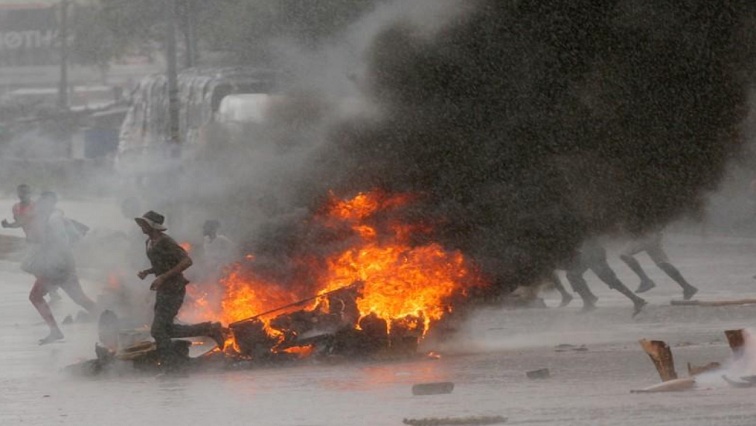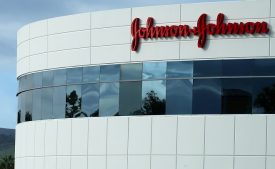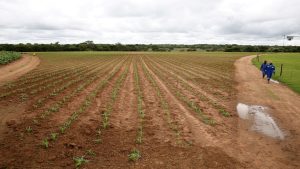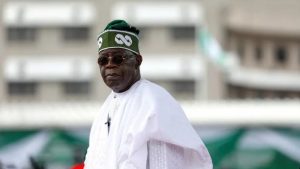Protesters barricaded roads and burned tyres in Zimbabwe’s capital Harare on Monday, as anger over the worst economic crisis in a decade spilled onto the streets and piled pressure on President Emmerson Mnangagwa.
Police fired teargas to contain unrest in several Harare suburbs and Zimbabwe’s second city of Bulawayo, two days after Mnangagwa announced a massive fuel price hike in an effort to contain a runaway currency crunch.
Cash shortages have plunged the southern African nation’s economy into disarray, threatening widespread social unrest and undermining Mnangagwa’s efforts to win back foreign investors sidelined under his predecessor Robert Mugabe.
Everyday life is getting increasingly tough with the price of basic goods spiralling and medical supplies in short supply.
Motorists wait for hours to fill up at petrol stations where soldiers are often deployed to break up fights over who is next in line.
News of the 150 percent increase in fuel prices was greeted with shock in Zimbabwe where unemployment is over 80 percent. The government sets fuel prices via the Zimbabwe Energy Regulatory Agency.
Hundreds of residents in the townships of Epworth, Mabvuku and Mbare, all opposition strongholds, protested by setting tyres alight and blocking roads with stones after the main labour union called for a three-day strike starting on Monday in response to the price increase.
FEAR OF VIOLENCE
The authorities are keen to avoid a repeat of post-election violence in August in which six people were killed after the army intervened.
A Reuters witness saw protesters chanting anti-Mnangagwa songs in Mbare while riot police stood at a distance to block demonstrators marching into central Harare.
Some commuters could be seen walking home from the city centre because there were no public taxis.
“I am stranded in town now and I have no idea how I am going to go home,” Leeroy Kabanga told Reuters.
Riot police in trucks patrolled downtown Harare. Some companies closed early while schools called parents to pick their children, fearing a flare-up in violence.
“Police has deployed officers in all residential, shopping centres and CBD (central business district) to conduct patrols, surveillance, stop and search and in the process account for unruly elements,” Home Affairs Minister Cain Mathema said in a statement.
Police fired teargas to disperse hundreds of protesters outside the High Court in Zimbabwe’s second city of Bulawayo, according to video footage from the Centre For Innovation & Technology, an independent news service.
The news service also showed footage of people looting a shop in a city suburb.
Zimbabwe abandoned its own currency in 2009 after it was wrecked by hyperinflation in favour of the greenback but now there is not enough hard currency to back up more than $10 billion in electronic funds trapped in local bank accounts.
Inflation reached 31 percent in November, its highest since 2008 when the figure hit 500 billion percent when prices changed daily and wiped savings and pensions.
Finance Minister Mthuli Ncube said on Friday Zimbabwe would introduce a new currency in the next 12 months as the next measure to end the cash crisis.
This is little comfort to businesses and civil servants who are demanding to be paid cash dollars. Zimbabwe’s largest brewing company Delta Beverages, part-owned by Anheuser-Busch Inbev, threatened to only accept U.S. dollars as payment but later reversed its decision after government-led negotiations.
Later on Monday government negotiators are due to hold a second round of negotiations with civil service unions planning a nationwide strike from Jan. 22 to press for U.S. dollar pay.
Early on Monday Mnangagwa set off on a five-nation tour which starts in Russia and ends at the World Economic Forum in Davos, Switzerland.






